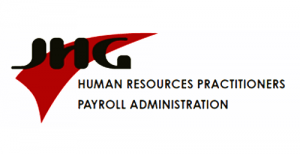How does one get rid of an employee who does not meet the employer’s expectations? The idea of a fixed-term contract might seem a good solution. You merely inform the employee that the fixed-term contract has expired. However, this approach is flawed as indicated below.
It is not an uncommon practice for an employer to appoint someone for a fixed term of, say, three months, and then to make the appointment permanent if the employee has shown his or her mettle during that specific period. If the person does not meet the required performance standards or does not fit in with the business, the employer would merely inform the employee that the fixed-term contract has expired.

